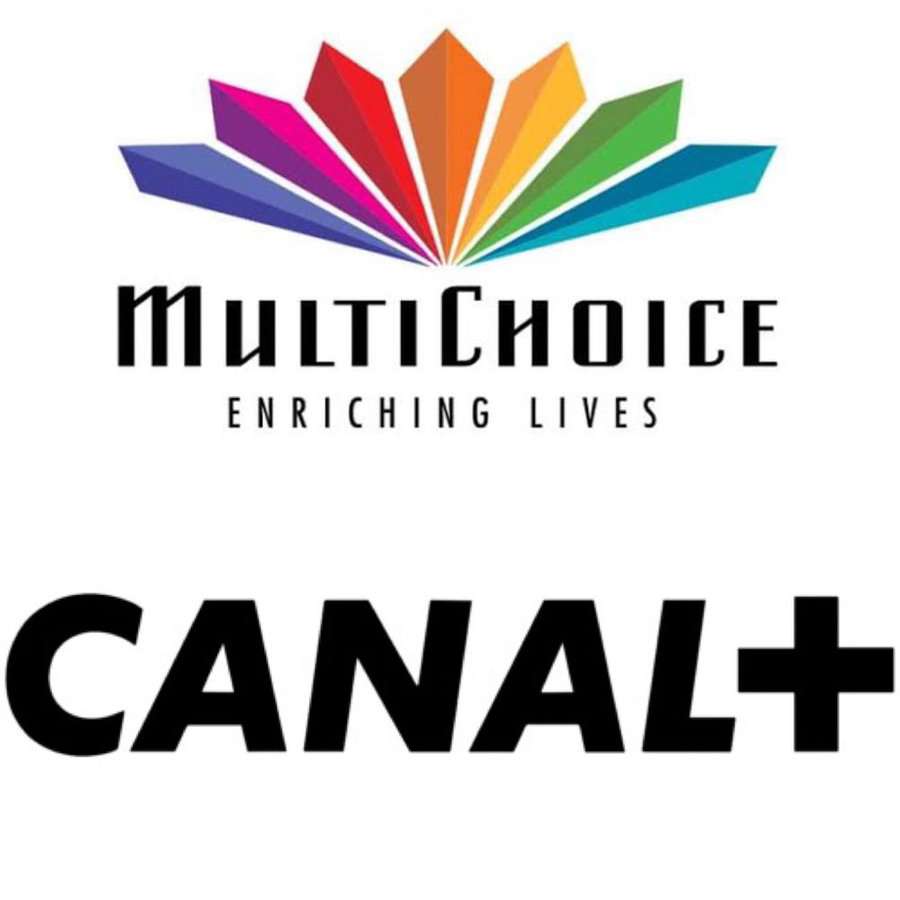Business
Africa’s Pay-TV Titan: MultiChoice’s rise, challenges, and the canal+ lifeline

In living rooms stretching from Lagos to Nairobi, MultiChoice once stood unchallenged as Africa’s premier pay-TV provider.
Its DStv decoders delivered the excitement of European football leagues and Hollywood blockbusters into homes eager for premium entertainment. Founded in South Africa in 1986 as a division of Naspers, MultiChoice embarked on an ambitious continental expansion through the 1990s and 2000s, acquiring local operators and building an unrivaled satellite infrastructure. By 2020, it commanded a subscriber base of 20.1 million, becoming the default destination for families seeking an escape via Premier League thrills or UEFA Champions League drama.
This dominance was fueled by strategic acquisitions, such as merging with Nigerian pay-TV operators in the early 2000s—and by securing exclusive sports broadcasting rights that turned weekend soccer matches into national rituals. But fast-forward to 2025, and cracks have begun to show. Subscriber numbers are falling, revenues shrinking, and regulatory pressures intensifying. In response, MultiChoice has rolled out inventive strategies, bundling streaming services and ramping up local content production, to win back loyalty.
One of the most glaring challenges lies in the company’s subscription pricing strategy, which reveals a stark divide between South Africa and other key markets like Nigeria. In March 2025, MultiChoice raised prices by 21% in Nigeria, pushing the premium DStv package to approximately $29.62 per month. Meanwhile, in South Africa, the same package was discounted by up to 38%, costing $49.68 monthly. The move sparked outrage among Nigerian consumer groups, who decried the hikes as economic discrimination amid soaring inflation and naira devaluation that are squeezing household budgets.
MultiChoice defended its pricing by citing soaring operational costs, particularly the cost of acquiring content priced in U.S. dollars amid volatile currency fluctuations. Nigeria’s persistent forex shortages mean the company must pay for coveted Premier League rights in hard currency but collects subscription fees in a weakening naira, forcing steep local price increases to safeguard dollar-denominated revenues. Conversely, South Africa’s relatively stable rand and lower inflation have allowed MultiChoice to offer discounts aimed at retaining subscribers.
This pricing disparity highlights a broader strategic tension: MultiChoice’s emphasis on protecting group-wide profit margins over tailoring empathy to individual markets. This approach risks alienating consumers in economically vulnerable countries, where affordability remains critical to sustaining long-term loyalty.
Indeed, MultiChoice’s laser focus on dollar profits, often at the expense of local realities, has backfired. For the fiscal year ending March 2025, the group implemented average price increases of 31 percent in local currencies across the rest of Africa, versus just 5.7 percent in South Africa. Yet, this aggressive pricing contributed to an 11 percent drop in subscription revenues, dragging overall group revenue down 9 percent to 50.8 billion rand, or about $2.87 billion. Subscriber losses hit 1.2 million, an 8 percent decline to 14.5 million, with over half from South Africa alone, though Nigeria and other markets felt the pinch too. Over two years, 2.8 million users have fled, hammered by economic woes like Nigeria’s 30 percent inflation and Ghana’s cedi slump. Critics argue MultiChoice’s arbitrary increments ignore these pressures, chasing short-term gains that erode long-term loyalty. Cost cuts of 1.3 billion rand helped swing a net profit of 1.8 billion rand, but trading profit rose only 7 percent, buoyed more by efficiencies than growth.
Controversies swirl around this profit chase, from pricing rows to parliamentary probes in partner countries. In Nigeria, lawmakers have grilled the firm over hikes that outpace wage growth, while in Ghana, a full-blown crisis erupted in August 2025. It started when MP Sam George spotlighted disparities: Ghanaians pay $83 for premium DStv, versus $29 in Nigeria for similar packages, adjusted for currencies. The government, via the communications minister, directed the National Communications Authority to suspend MultiChoice’s license if prices weren’t cut by August 7.
The NCA issued a formal notice on that date, citing violations of electronic communications laws, giving the company 30 days to respond or face revocation. MultiChoice countered by pledging dialogue, but the escalation highlights broader scrutiny: parliaments in Kenya and Angola have also questioned monopoly practices and forex repatriation. Despite this, MultiChoice endures, thanks to its unmatched infrastructure, spanning satellites and decoders in remote areas, and cash cows like EPL and UEFA rights, which drive 40 percent of revenues in sports-heavy markets. These exclusives keep subscribers hooked, even as alternatives like StarTimes nibble at edges.
Over decades, MultiChoice’s numbers paint a powerhouse tale. From 4 million subscribers in 2005 to a 2020 peak of 20 million, revenues climbed from $1 billion to over $3 billion pre-pandemic, fueled by acquisitions like GOtv in 2011 and Irdeto for anti-piracy tech. Infrastructure investments topped $500 million annually, cementing dominance. Yet, post-2020, cord-cutting and streaming rivals like Netflix eroded gains, with FY25 showing a 44 percent jump in Showmax subscribers as a bright spot amid linear TV’s fade.
Enter the French media giant Canal+, which sealed a $3 billion acquisition in July 2025 after South Africa’s Competition Tribunal gave conditional approval. Canal+, already holding 37 percent, launched a mandatory offer in February 2025, navigating regulatory hurdles in multiple countries. The deal, set to close by October, aims to forge a pan-African behemoth with 30 million subscribers, pooling resources for local content and battling global streamers. Canal+ eyes synergies in sports rights and tech, pledging investments to stabilize finances amid MultiChoice’s 2.8 billion rand forex losses.
Looking ahead, MultiChoice’s path hinges on this merger. Under Canal+, expect deeper streaming pivots, like expanding Showmax, and cost-sharing to weather economic storms. Regulatory wins, such as resolving Ghana’s standoff through negotiated cuts, could steady the ship. But persistent scrutiny risks more suspensions, potentially shaving 5-10 percent off revenues if key markets rebel. With Africa’s middle class projected to grow 50 percent by 2030, a refocused MultiChoice could reclaim glory, blending affordability with premium allure. Failure to adapt, however, might see it fade like outdated analog signals.


